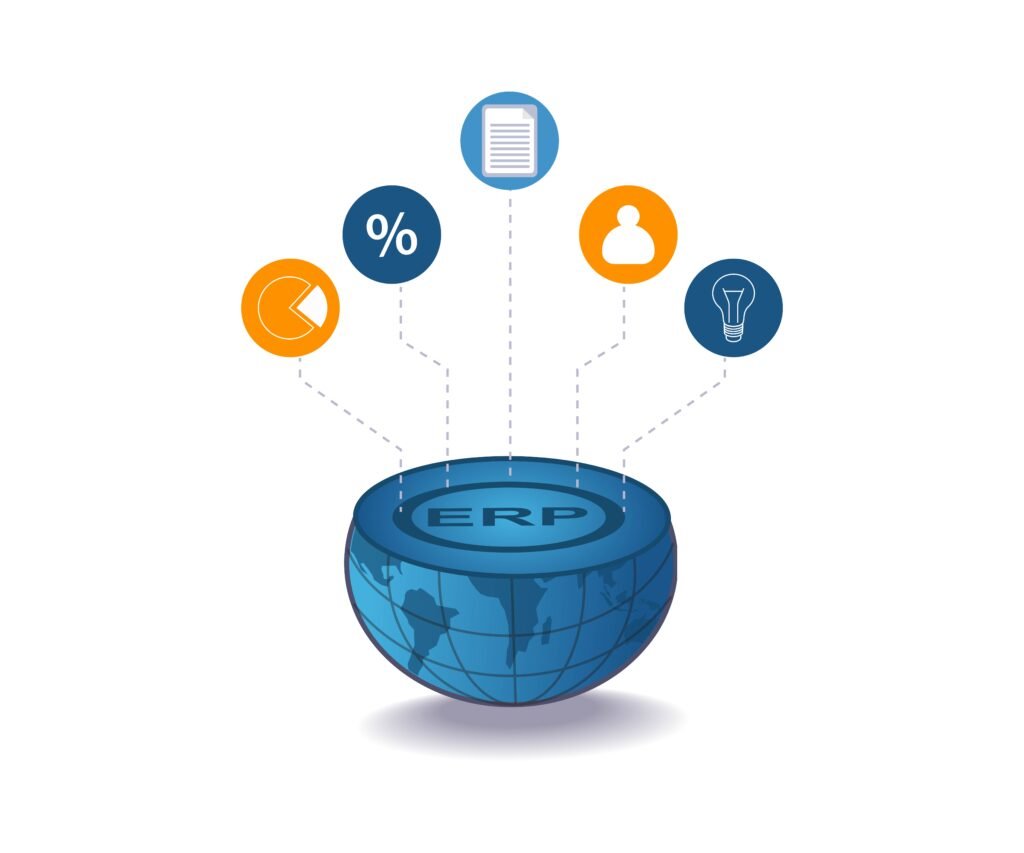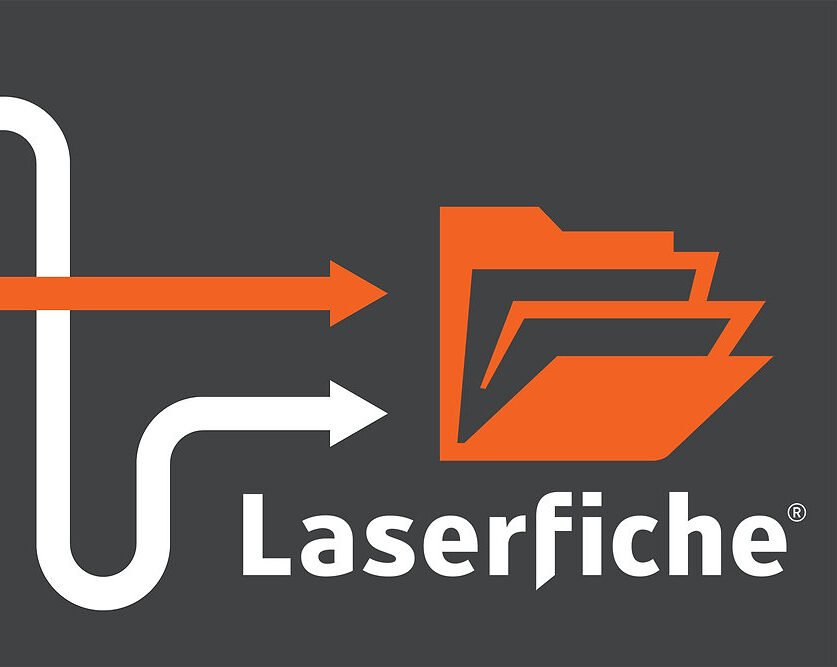Introduction ZATCA e-Invoicing
The Saudi Arabian government introduced ZATCA e-Invoicing, an electronic billing system, to digitise and expedite the billing process.
By requiring businesses to issue invoices electronically through the ZATCA e-Invoicing system, the system intends to enhance transparency, reduce tax evasion, and increase billing process efficiency.
The system is mandatory for all Saudi Arabian enterprises, with few exceptions, and mandates that invoices be issued in a standardised electronic format.
The ZATCA e-Invoicing system is part of the Saudi government’s efforts to modernise the economy and enhance the business environment by making business transactions simpler and more efficient.
It is anticipated that the system will provide significant benefits to businesses, such as reducing the time and cost of invoicing, enhancing cash flow management, and increasing the accuracy and security of invoicing data.

What are the conditions for implementing ZATCA e-Invoicing?
Except for minor businesses with an annual turnover of less than SAR 1 million and businesses not registered for VAT, all Saudi Arabian businesses are required to implement ZATCA e-Invoicing.
Businesses of all sizes and in all industries are required to issue invoices in a standardised electronic format under this system.
In addition to maintaining electronic records of their invoices, businesses must also ensure that these records are accurate and comprehensive.
In addition, businesses must ensure that their e-invoices are generated using the ZATCA e-Invoicing system or a third-party application that has been approved.
These software solutions must adhere to the technical requirements and specifications established by the Saudi Arabian Monetary Authority (SAMA).
Additionally, businesses must ensure that their electronic invoices are secure, authentic, and cannot be altered or deleted after issuance.
Failure to comply with the ZATCA e-Invoicing system may result in fines and penalties, including exclusion from government contracts and tenders and suspension of business registration.
Therefore, it is essential for businesses operating in Saudi Arabia to comprehend and comply with the ZATCA e-Invoicing system in order to avoid legal or financial repercussions.
What are the stages of implementing ZATCA e-Invoicing in Saudi Arabia?
In Saudi Arabia, the implementation of ZATCA e-Invoicing was divided into three phases, each of which targeted enterprises based on their annual revenue.
The first phase began on December 4, 2021, and targeted enterprises with annual revenues of at least SAR 40 million.
These companies were required to issue electronic invoices exclusively through the ZATCA e-Invoicing system.
The second phase, which began on March 1, 2022, targeted medium-sized companies with annual revenues between SAR 5 million and SAR 40 million.
These businesses were required to issue e-invoices via the ZATCA e-Invoicing system or an approved third-party software solution that complies with SAMA’s technical requirements.
The third and final phase began on June 1, 2022, and targeted small enterprises with a turnover between SAR 1 million and SAR 5 million per year.
These businesses were required to issue e-invoices via the ZATCA e-Invoicing system or an approved third-party software solution that complies with SAMA’s technical requirements.
During each phase, businesses were granted a grace period of up to 90 days to implement the ZATCA e-Invoicing system or an approved third-party software solution and comply with SAMA’s technical requirements.
The grace period was intended to give businesses time to acclimatise to the new system and facilitate a seamless transition.
Businesses must register with the General Authority of Zakat and Tax (GAZT) and obtain an electronic certificate in order to comply with the ZATCA e-Invoicing system.
In addition, businesses must ensure that their e-invoices contain the necessary information and are issued in the appropriate format. The ZATCA e-Invoicing system offers businesses a variety of tools and features to help them generate, manage, and monitor e-invoices.
Which companies are obligated to implement ZATCA e-Invoicing?
Except for minor businesses with an annual turnover of less than SAR 1 million and businesses not registered for VAT, all Saudi Arabian businesses are required to implement ZATCA e-Invoicing.
This includes companies of all sizes and sectors, including those in manufacturing, retail, hospitality, and services.
Noncompliance with the system may result in fines and penalties for all enterprises.
The ZATCA e-Invoicing system was implemented by the Saudi Arabian government to digitise and streamline the invoicing process, increase transparency, reduce tax evasion, and improve the invoicing process’s efficacy.
The system mandates that businesses issue invoices electronically via the ZATCA e-Invoicing system or an approved third-party software solution that meets the technical specifications and requirements established by the Saudi Arabian Monetary Authority (SAMA).
Businesses must register with the General Authority of Zakat and Tax (GAZT) and obtain an electronic certificate in order to comply with the ZATCA e-Invoicing system.
In addition, businesses must ensure that their e-invoices contain the necessary information and are issued in the appropriate format.
The system offers businesses a variety of tools and features to assist them in issuing, managing, and tracking e-invoices.
What are the penalties for companies that do not comply with ZATCA e-Invoicing?
The Saudi Arabian government has enacted severe penalties for businesses that fail to comply with ZATCA e-Invoicing.
Failure to comply with the system may result in fines and penalties, including exclusion from government tenders and contracts and suspension of commercial registration.
Businesses that do not comply with the ZATCA e-Invoicing system could face a number of penalties, including:
Businesses that do not adhere to the system may be subject to fines. Fines can range from SAR 1,000 to SAR 50,000, depending on the infraction.
Suspension of commercial registration: Businesses that do not comply with the ZATCA e-Invoicing system face the possibility of having their commercial registration suspended. This means that they will be prohibited from engaging in any commercial activities until they comply with the system.
Exclusion from government tenders and contracts: Businesses that do not comply with the ZATCA e-Invoicing system may be prohibited from participating in government tenders and contracts.
Legal action: Businesses that do not comply with the ZATCA e-Invoicing system may face legal action, which may result in additional fines and penalties.
Therefore, enterprises operating in Saudi Arabia must understand and comply with the ZATCA e-Invoicing system to avoid legal or financial consequences.
Businesses must register with the General Authority of Zakat and Tax (GAZT) and obtain an electronic certificate, issue invoices through the ZATCA e-Invoicing system or an approved third-party software solution that complies with the technical specifications and requirements set by the Saudi Arabian Monetary Authority (SAMA), and maintain accurate and complete electronic invoice records.








